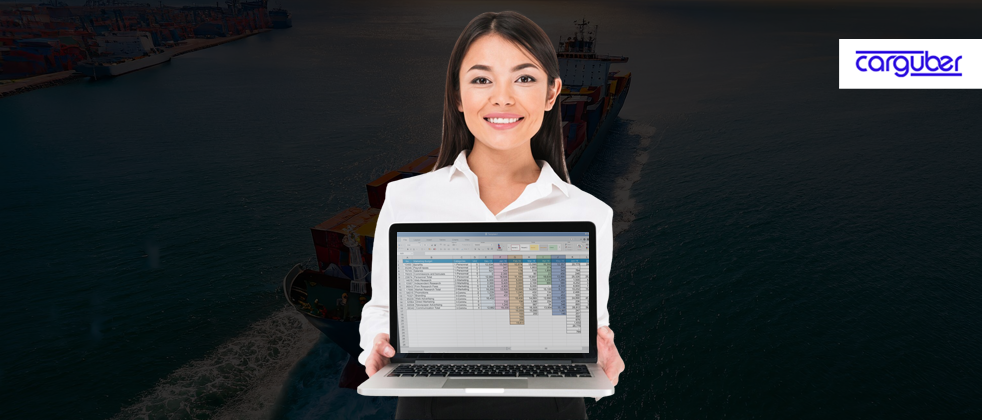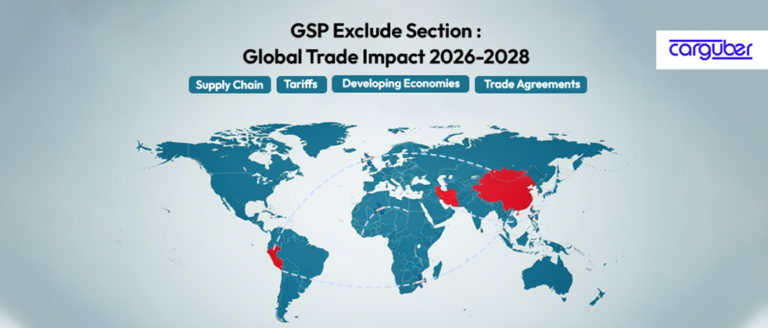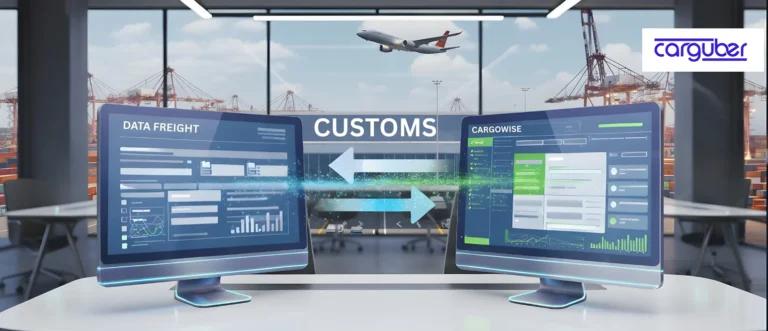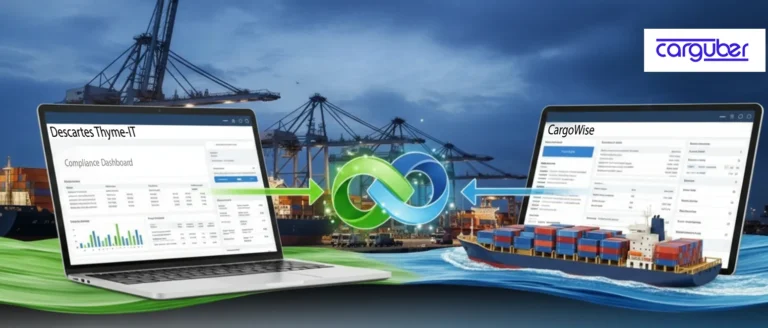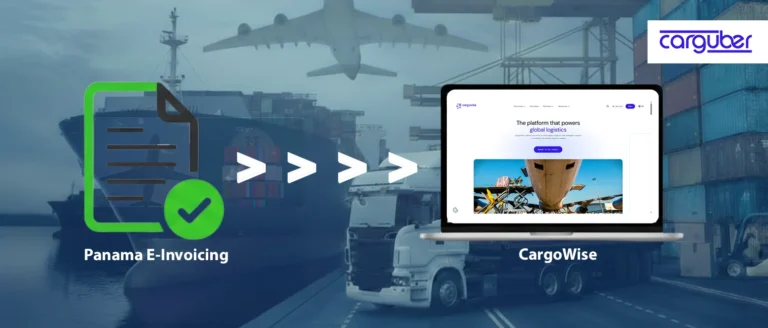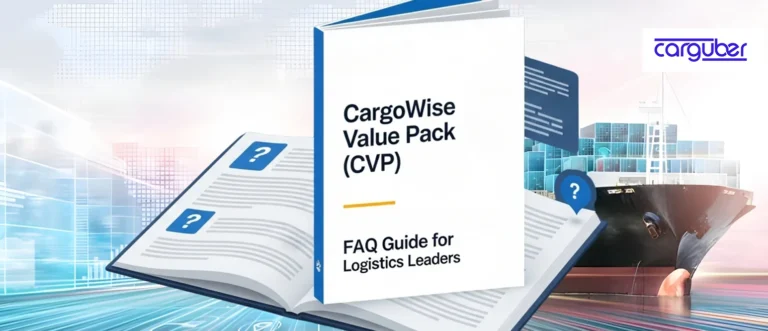How Does the House Bill Number Update API Operate in Logistics?
Delays, inaccuracies, and outdated shipment data can disrupt an entire supply chain, resulting in dissatisfied consumers and unexpected costs. The House Bill Number (HBL), a crucial identifier that connects shipments to their corresponding waybills, is an essential component of shipment documentation. Inaccurate updates across systems may result in tracking problems, compliance challenges, and operational obstacles.
The House Bill Number Update API can help with that. This API makes sure that all shipment data is accurate and synced by automating the process of changing house bill numbers across various logistics systems. This API maintains your logistics operations functioning like an automated machine by integrating with CargoWise and other ERPs, eliminating human updates and minimizing errors.
Why Is Updating the House Bill Number So Important?
The House Bill Number is a vital component of shipment documentation. It serves as a unique identifier for shipments and is used for tracking, compliance, and invoicing. If this number isn’t updated correctly across logistics systems, it can lead to:
- Tracking Inconsistencies: Shipments may show outdated information, making it difficult for logistics teams and customers to get real-time updates.
- Billing Errors: Incorrect or missing house bill numbers can create discrepancies in invoicing and payment processing.
- Customs & Compliance Issues: Regulatory authorities require accurate shipment documentation, and incorrect bill numbers can result in shipment holds or penalties.
- Operational Obstacles: Manual updates slow down workflows, increase labor costs, and open the door for human error.
With automation through the House Bill Number Update API, these challenges become a thing of the past.
How the House Bill Number Update API Works
This API is intended to ease and automate the process of updating House Bill Numbers in shipment records. Instead of manually entering updates into numerous systems, the API manages everything in the background, providing smooth synchronization between platforms.
1. Smooth Communication Between Systems
The API connects directly with logistics management platforms, such as CargoWise and other ERPs, ensuring that shipment data is always up to date. Once a new House Bill Number is assigned, the API transmits this data instantly to all relevant systems.
2. Real-Time Updates
This API updates house bill numbers as soon as they are assigned or modified, so you don’t have to wait for manual data entry. This implies that all parties involved in the supply chain, including suppliers, customers, and freight forwarders, have real-time access to the most recent shipping information.
3. Eliminating Manual Errors
When manually updating shipping details, mistakes, duplicate entries, or missing information might result in delays and financial issues. The House Bill Number Update API eliminates human mistakes, ensuring that all updates are accurate and appropriately documented.
4. Bulk Updates for Large Shipments
Managing several shipments? No issue. The API delivers bulk updates, which means you can update several House Bill Numbers at once rather than inputting them one by one. For freight forwarders managing large cargo numbers, this feature is quite helpful as it reduces workload and saves time.
5. Enhanced Supply Chain Visibility
With automated updates, all parties in the supply chain, from shippers and carriers to customs brokers and end users, can follow goods with total confidence. The API ensures that House Bill Numbers are constantly up to date, reducing confusion and unnecessary delays.
Key Benefits of Using the House Bill Number Update API
Reduced Operational Costs
By eliminating manual entry, firms can reduce labor expenses connected with data administration. Fewer errors also mean fewer costly corrections and delays, which increases profitability.
Improved Accuracy and Compliance
Automated data updates keep shipping records accurate, guaranteeing compliance with customs and regulatory standards. This helps to avoid shipment holds, fines, and delays due to improper documentation.
Real-Time Shipment Tracking
Logistics is all about visibility. When House Bill Numbers are updated instantly, tracking information remains accurate, allowing logistics teams and customers to monitor shipments with confidence.
The Future of Logistics is Automated
Automation is at the heart of the continuously changing logistics sector. APIs such as the House Bill Number Update API are improving supply chain efficiency, speed, and reliability.
By integrating this API with CargoWise and other ERPs, businesses can:
✔ Reduce errors and delays
✔ Improve shipment tracking accuracy
✔ Increase productivity without adding extra workload
✔ Scale their operations effortlessly
Conclusion
If you are still using manual updates for House Bill Numbers, it is time to reconsider your strategy. The House Bill Number Update API is an exciting change for logistics professionals, enabling real-time data synchronization, improved accuracy, and increased operational efficiency.
Implementing CargoWise API solutions ensures that every shipment update is seamless, accurate, and quickly mirrored across all of your logistics systems.
So, why waste time with manual updates when automation is more efficient and faster? Contact us today to understand how the House Bill Number Update API can transform your logistics operations and boost your supply chain to new heights.
